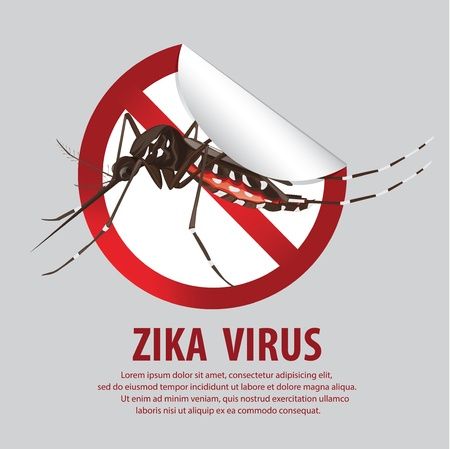
Zika: Italy and France among the most in danger countries in the EU. For the risk is concrete
A report of the European Office of the WHO widespread today, states that there is a concrete risk of the probability of the Zika viruses in Europe. The study reads that the danger is classified “mild to moderate” depending on the country, with Italy; Italy which, together with France, is considered among those most at risk. The level of contagion has been defined on the basis of a score given by the presence of vectors, by any previous outbreaks of diseases such as Chikungunya, Dengue, and West Nile Virus caused by pathogens ‘ relatives ’ of Zika, from connectivity with other countries and from the density of the population.
In the European Region of the WHO, which includes 53 countries, three areas are considered to be high risk for the presence of the Aedes Aegypti mosquito, the main vector of the virus, and are the Portuguese island of Madeira and the areas that you are overlook the Black Sea of Georgia and Russia. Eighteen countries of the Mediterranean area have a moderate risk due to the presence of the tiger mosquito, and among these France and Italy have the highest score. In Italy, the affected areas concerned above all Emilia-Romagna, Veneto and Sardinia. The rest of the European countries has a low or null risk, given the absence of vectors.
The report contains a series of recommendations for countries at high or moderate risk, from the strengthening of the control of vectors at the increase in the ability to carry out quick tests to identify any cases. Giovanni d ’ Agata, president of the “Rights Desk”, always punctual in notifying citizens, recalls that the Zika virus is mainly transmitted by the stings of the mosquito of the genus Aedes Aegypti and is mainly affecting America especially of the South, but with the advent of the “further international diffusion” of the virus, and this is expected, and this considering that currently the populations “do not present any immunity” compared to this virus. In addition, exceptional cases of sexual transmission have already been reported to the beginning of February in the United States. A case of sexual contagion was also confirmed in Italy, with a retrospective study of the Higher Institute of Health (ISS) and refers to the 2014 summer-Autumn.
Currently there is no vaccine against Zika and most of the people affected by the virus are found in Brazil and Colombia where cases of microcephaly have been recorded, severe pre -birth malformation. The new evidence tells us that c ’ it is a risk that Zika virus disease spreads, says Zsuzsanna Jakab, regional director for the Europe of the Europe of the WHO which, which ending, also declared: “ we ask to countries with the highest risk of strengthening preparation ”.